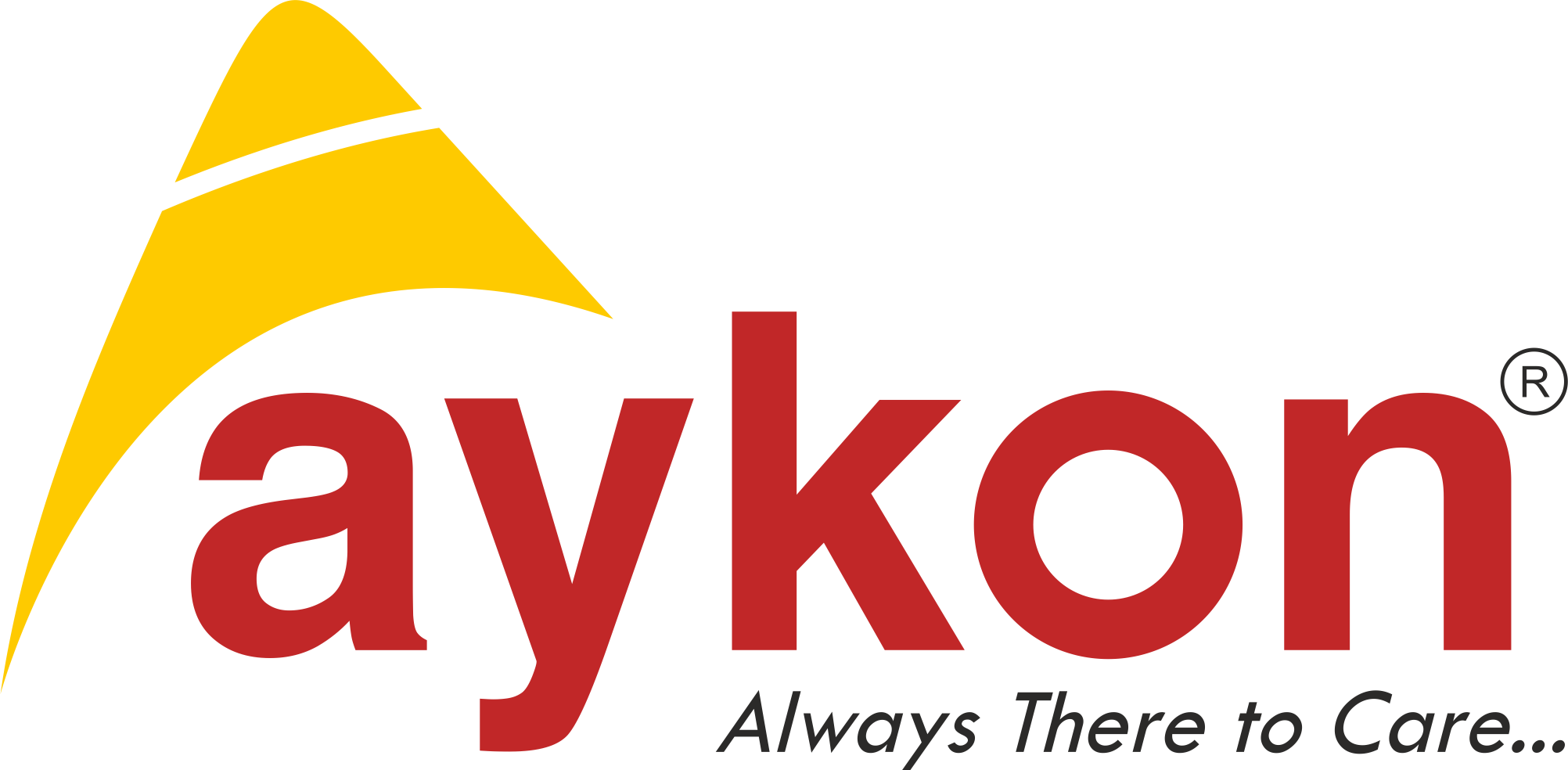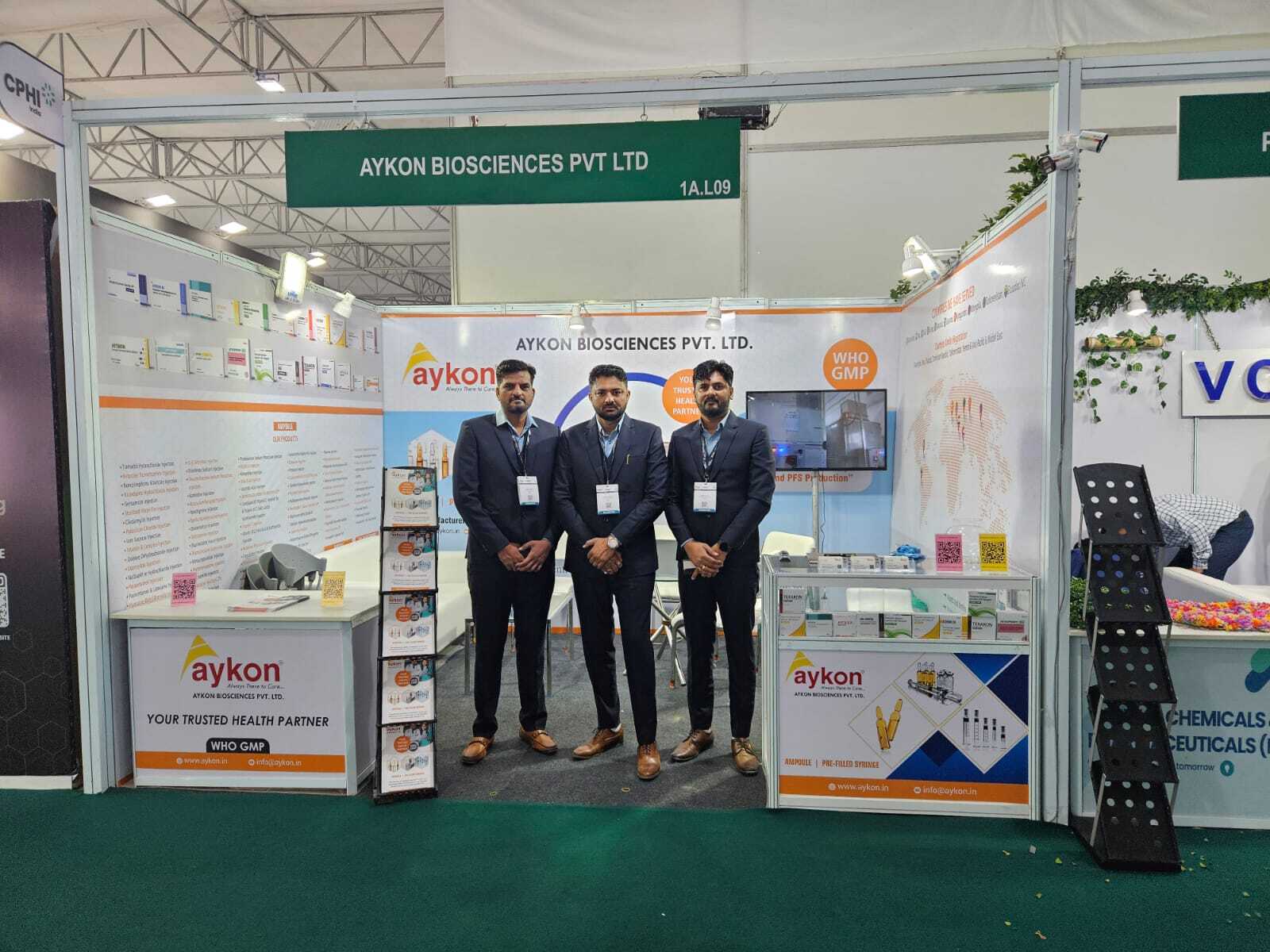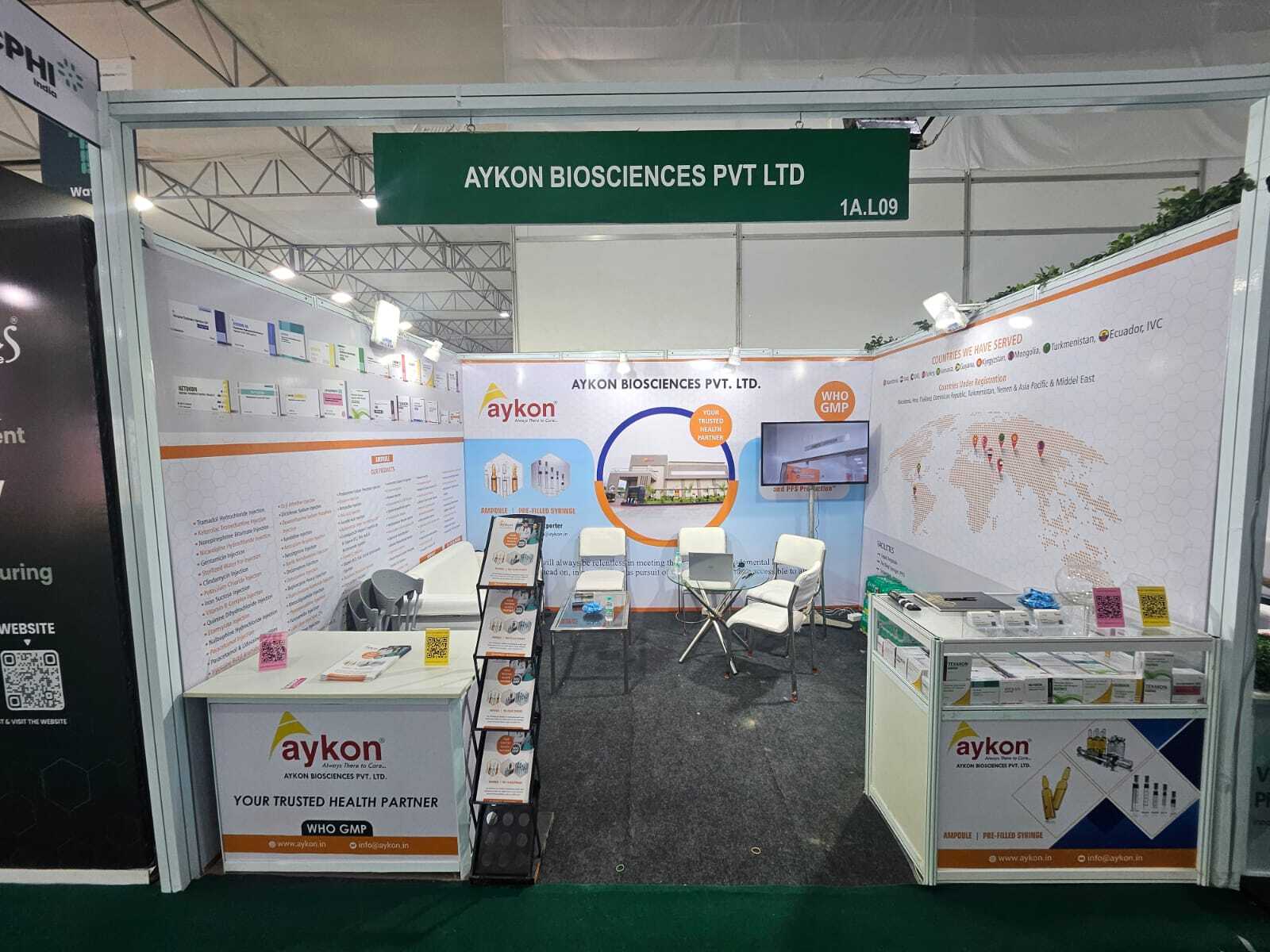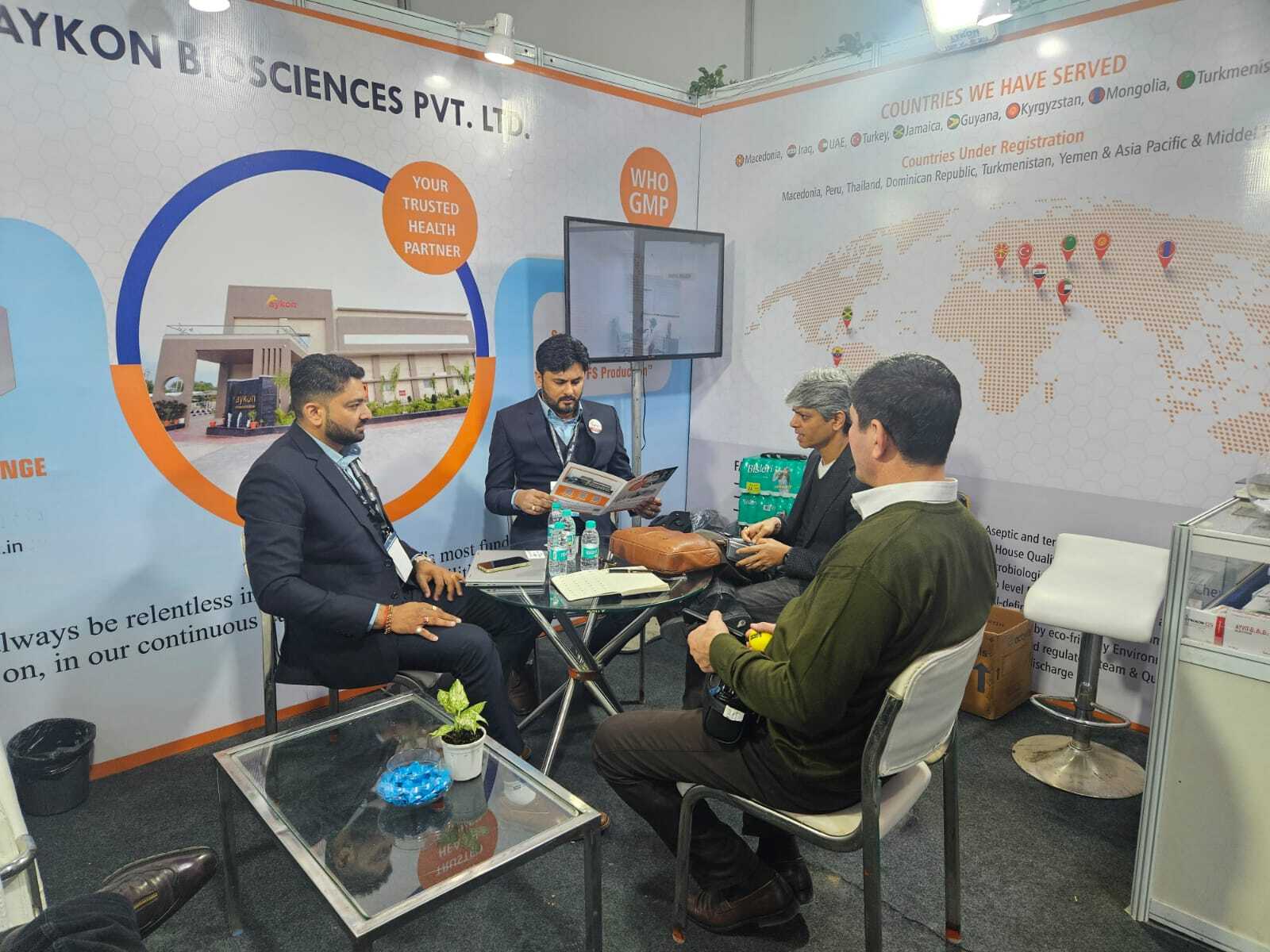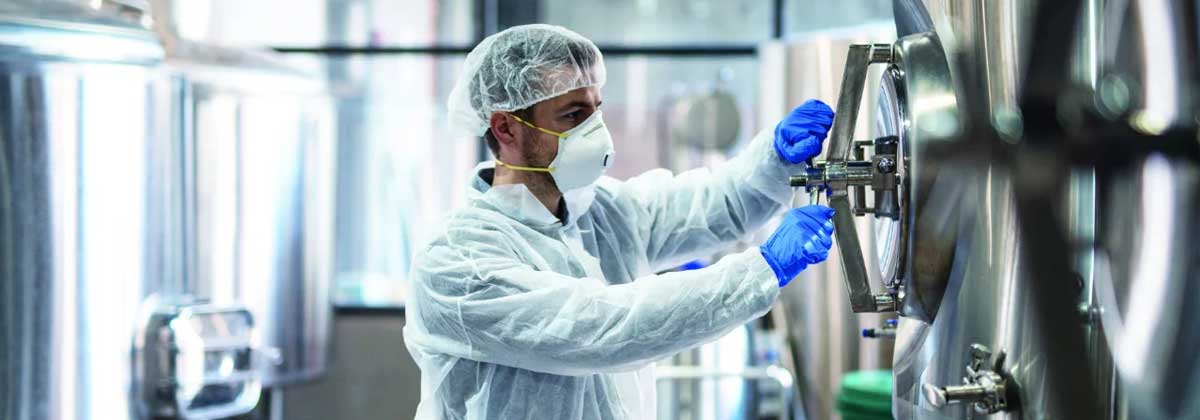
Pharmaceutical manufacturing is a highly specialized field focused on producing medications that are safe, effective, and of the highest quality. It involves a complex process that transforms raw materials into finished drug products, adhering to stringent regulatory standards to ensure safety and efficacy.
Key Steps in Pharmaceutical Manufacturing
- Drug Development and Pre-Manufacturing Research:
The journey begins with drug discovery and development. Researchers identify potential compounds and conduct extensive testing to ensure their therapeutic value. Preclinical studies, followed by clinical trials, confirm the drug's safety and effectiveness for human use. Once approved, the manufacturing process begins.
- Formulation and Process Design:
During this stage, scientists determine the optimal drug formulation. This involves deciding the drug's dosage form (tablet, capsule, injection, etc.) and the best way to manufacture it on a large scale. Factors like stability, bioavailability, and patient compliance are considered.
- Active Pharmaceutical Ingredient (API) Production:
APIs are the key components responsible for the drug's therapeutic effects. Their production involves chemical synthesis, fermentation, or biological processes. Precision and consistency are vital, as any variation can impact the drug's efficacy.
- Manufacturing of Finished Dosage Forms:
Once the API is prepared, it is combined with excipients (inactive ingredients) to create the final product. Processes like mixing, granulation, compression, and coating are carefully monitored to ensure quality. For sterile drugs, such as injectables, aseptic processing is employed.
- Quality Control and Assurance:
Pharmaceutical products undergo rigorous testing at every stage. Analytical methods, such as chromatography and spectroscopy, verify the product’s purity, potency, and safety. Quality assurance ensures compliance with regulatory guidelines like Good Manufacturing Practices (GMP).
- Packaging and Distribution:
The final products are securely packaged to protect them from environmental factors. Proper labelling ensures accurate information for healthcare providers and patients. Distribution channels ensure the drugs reach hospitals, pharmacies, and consumers in a timely manner.
Importance of Regulatory Compliance
Pharmaceutical manufacturing is closely regulated by agencies like the FDA (U.S.), EMA (Europe), and WHO globally. These agencies enforce strict standards to ensure that medications meet quality, safety, and efficacy criteria.
In conclusion, pharmaceutical manufacturing is a critical industry combining science, technology, and regulation to produce life-saving medications. Its success depends on innovation, precision, and strict adherence to quality standards.
